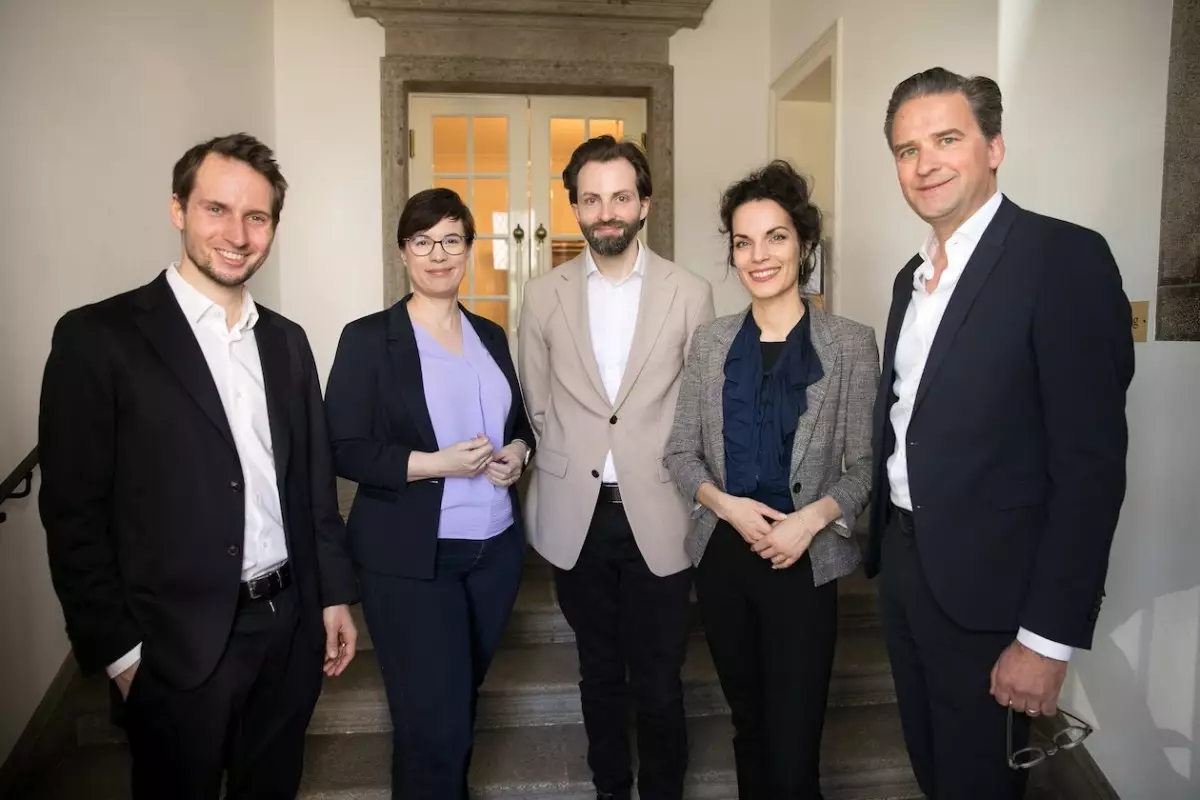In an era where technological advancements can either bolster or undermine privacy, very few startups manage to strike a balance—much less thrive in the competitive tech landscape. One such audacious attempt is epitomized by Noxtua, formerly known as Xayn. Established during the tumultuous year of 2020, Xayn began its journey as a privacy-centric AI startup tailored for smartphones. However, recognizing the evolving need for tailored artificial intelligence applications, Noxtua made a strategic pivot to address a niche yet essential sector—the legal domain. This transition signifies not only an adaptability to market demands but also an understanding of a critical, burgeoning avenue in the realm of AI technology.
The decision to rebrand as Noxtua speaks volumes about the company’s commitment to leveraging AI for the legal profession. With a hefty $92.2 million Series B funding round, led by C.H. Beck—Germany’s foremost legal publisher—Noxtua is well-positioned to deliver innovative solutions in legal research, documentation, and compliance.
The Legal Landscape Transformed
As Noxtua embarks on its new journey, it aims to unleash the full potential of sovereign AI systems specifically tailored for legal use. By aligning itself with C.H. Beck, the startup gains unprecedented access to an extensive database of 55 million legal documents, a goldmine for refining the efficacy of its AI offerings. This strategic partnership ensures that Beck-Noxtua, its flagship legal AI product, will harness the extensive repository of German legal cases and judgments, pushing boundaries in efficiency, accuracy, and legally compliant operations.
Moreover, the backing of heavyweights such as the Northern Data Group, CMS, and Dentons further fortifies Noxtua’s market position. Northern Data’s robust computing infrastructure, which is based in Germany, will host Beck-Noxtua, ensuring that all operations abide by the strict legal standards synonymous with German law. In today’s geopolitical climate, especially with rising concerns surrounding data sovereignty, Noxtua’s infrastructure choice underscores the company’s commitment to maintaining pristine data privacy and regulatory compliance.
Upholding Legal Precision
In legal contexts, precision is mandatory. Dr. Leif-Nissen Lundbæk, the CEO and Co-Founder of Noxtua, eloquently articulated this necessity during a TechCrunch interview. He emphasized that U.S.-based AI models are often insufficient when applied to legal documents and contracts in countries like Germany, which possess distinct legal frameworks. There lies a risk in deploying models oriented around American law within foreign legal contexts, which can result in inaccuracies and misinterpretations.
Noxtua’s specialized transformer AI model, meticulously attuned to German legal structures and terminologies, is designed to draft, analyze, and research legal documents effectively. This tailored approach not only addresses the immediate needs of legal professionals but also carves out a pragmatic methodology applicable to various legal contexts across Europe.
Innovative Roots and Forward Momentum
The technology underpinning Noxtua is not haphazardly crafted; it is deeply rooted in rigorous research conducted by its founders at esteemed institutions such as the University of Oxford and Imperial College London. This academic pedigree lends credibility to Noxtua’s distinct AI solutions, reinforcing its mission to redefine how legal professionals engage with technology.
As the legal industry continues to grapple with mounting challenges—from efficiency demands to compliance complexities—Noxtua is poised to be an essential ally. By focusing on the intricacies of legal documentation and research, the company allows law firms to redirect their energies from mundane tasks to strategic initiatives that require human insight and creativity.
Noxtua embodies the spirit of innovation, addressing pressing needs in the legal domain through robust AI solutions while leveraging its strong partnerships and technological foundations. As we venture further into an AI-driven future, the importance of understanding and adapting to local legal contexts will increasingly inform the success of tech companies operating within specialized sectors.

